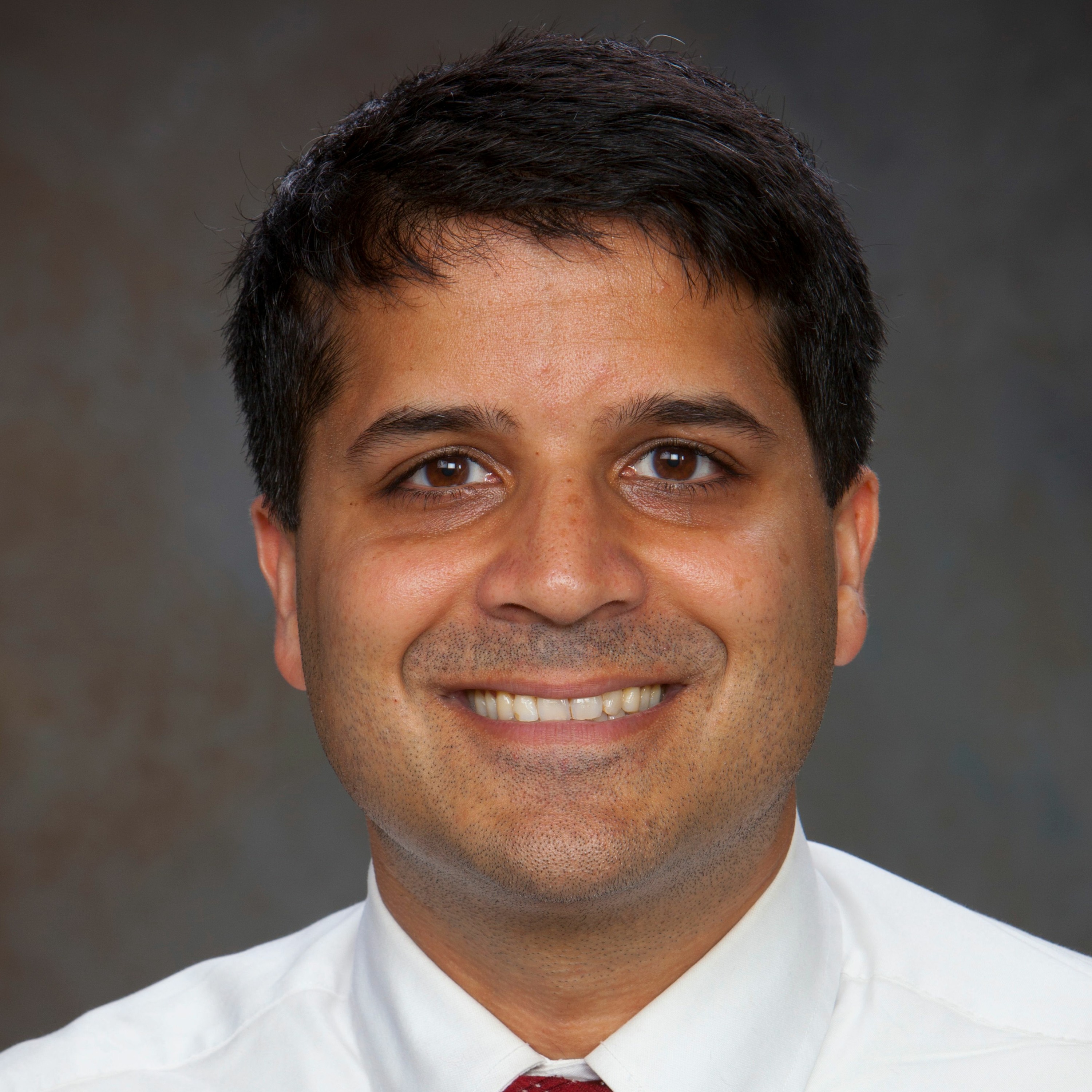Encouraging progress against a deadly pediatric cancer

Diffuse Intrinsic Pontine Glioma, or DIPG, is a rare but particularly aggressive and hard-to-treat tumor. Ranjit Bindra MD, PhD, a practicing radiation oncologist at the Yale School of Medicine and Associate Professor of Therapeutic Radiology, is leveraging his translational research and clinical experience to find new ways to treat this cancer.\n\n3:18 \u2013 On the use of radiation to treat cancer patients: \u201c\u2026really the most exciting research on the horizon is trying to understand which particular tumors\u2014what types of mutations in the DNA of those tumors\u2014make them more sensitive to treatments that have radiation therapy.\u201d\n\n6:19 \u2013 On his research into combining drugs with radiation: \u201cWe are very interested in finding tumor mutations\u2014the actual mutations that drive those cancers. We try to find ways to target them with novel drugs so that when we combine them with radiation, it\u2019s sort of a 1-2 punch.\u201d\n\n10:11 \u2013 On Diffuse Intrinsic Pontine Glioma, or DIPG. What is it? What are the current treatments? Why aren\u2019t they working? What is the exciting new finding by his team?\n\n22:09 \u2013 On how his lab sees a path towards a clinical trial with DIPG patients\n\n26:43 \u2013 On the impact of American Cancer Society funding on his work\n\n28:23 \u2013 A message he\u2019d like to share with patients